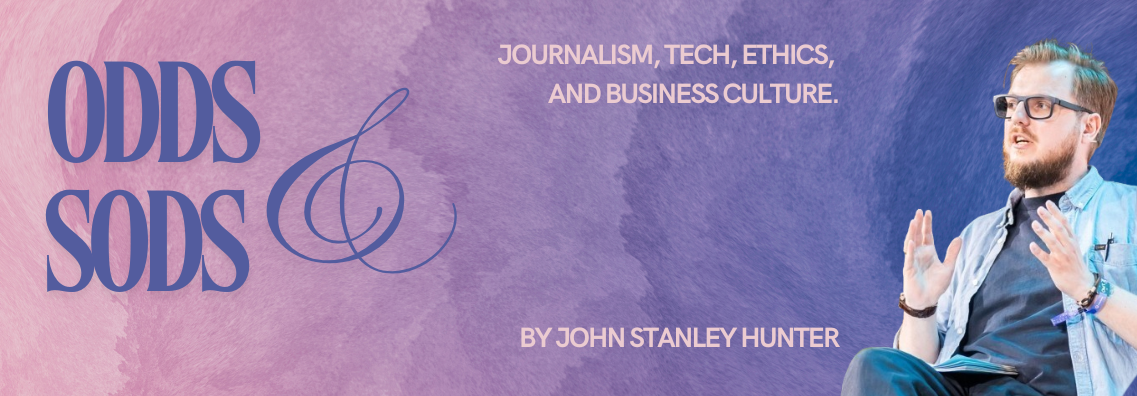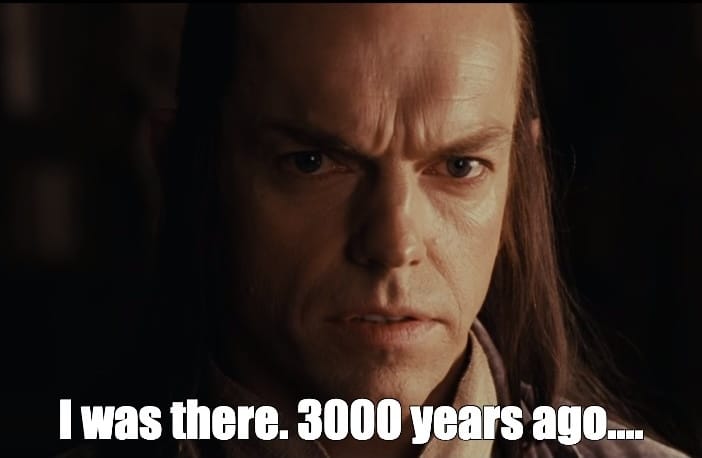Alt-Right Architects and the Annihilation of Argument


I was there when it began. Long before Trump, before Brexit, before the word “MAGA” meant anything, the far-right was quietly learning how to take over the internet. There are, in my opinion, two key online events that, in hindsight, we can call the blueprint for how today’s Nazis operate. What I can give you is not a complete cartography but an eyewitness account of how an internet movement that once styled itself as rational and sceptical collapsed into a breeding ground for fascism and rage.
I did not know, at the time, that I was watching the birth of a monster.
What appeared in the mid to late 2000s as the New Atheism — fresh, insurgent, a coalition of old white men, Richard Dawkins, Christopher Hitchens, Sam Harris, and Daniel Dennett — was hailed as liberation for impressionable young men like me. Here, finally, was secularism packaged as intellectual pugilism. It felt bracing. For many, it was an intoxicating release: the end of politeness toward faith and the beginning of a culture where blasphemy came dressed in Oxford English. I succumbed and joined the group on Twitter with a semi-anonymous account, followed by months of "debates" against the faithful. My follower count grew from it; the harsher I argued, the more my tweets were shared. When comedian Ricky Gervais shared one of my more poignant arguments, the account skyrocketed.
But for all its fireworks, something rotten lay at the core. The debates were seldom about persuasion; they were orchestrated as theatre, crafted demolition derbies in which believers were flattened before a jeering audience. Hitchens’ one-liners, for example, became “hitchslaps”, looped endlessly on YouTube like intellectual knock-out reels. The thrill lay not in illumination but in victory. The goal was not to understand your opponent but to humiliate him, to leave him squirming under the surgical lamp of your superiority.
The model was fatally seductive: stand astride the mountain of Rationality, define your opponents as the forces of Delusion, and record the ritual slaughter. When the foil was a televangelist promising divine cash returns, the annihilation game was easy — and viral. Yet this was the root of its downfall. A culture of performance grew: truth, sincerity, even intellectual humility were parasites devoured by the glam of domination. A new template had been forged, and it would metastasise.
Just a few years into this, the cracks began to show. The atheists, their fields of prey exhausted, looked around after years of trouncing creationists.
And then: August 2014. A jilted boyfriend sits, seething, and vomits into the void a blog entry of extraordinary toxicity. “The Zoe Post,” by Eron Gjoni, was less of an account of heartbreak than a little roadside bomb of misogynistic innuendo aimed at Zoe Quinn, an indie game developer whose only crime was existing in male-dominated gaming culture. The accusation: Quinn had traded sex for favourable reviews. It wasn’t true — the journalist in question had never reviewed their work — but the seed of doubt spread through the sub-basements of the internet like Black Death in a monastery.
What followed was not mere gossip. It was GamerGate, a berserk eruption of bile that targeted not only Quinn but Anita Sarkeesian and any woman who dared demand critique of gender in gaming. Death threats, rape threats, doxxing campaigns. It was ugly, it was menacing, and it worked.
The atheist sharks needed fresh meat, and they found it in feminism. The discipline of feminist theory, complex and daunting, took too long to read and too much effort to understand. It was simpler — and, importantly, more entertaining — to drag an unsuspecting nineteen-year-old student before the so-called tribunal of reason for a ritualistic punishment.
This, too, was performance. A thousand sneering thumbnails, a thousand red-faced rants against “Social Justice Warriors”, a thousand more followers, subscribers, donors. This was when I had my falling out with atheist Twitter. For that, I too was doxxed, threatened. And eventually blocked by Richard Dawkins.
But enough about me. When Gamergate rose, someone else was watching.

